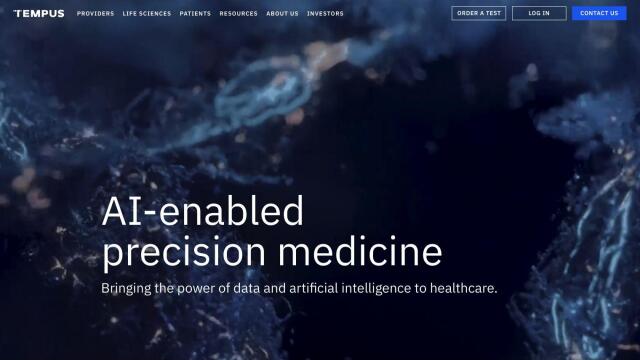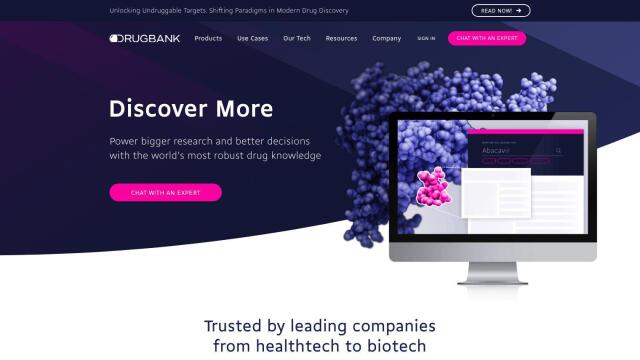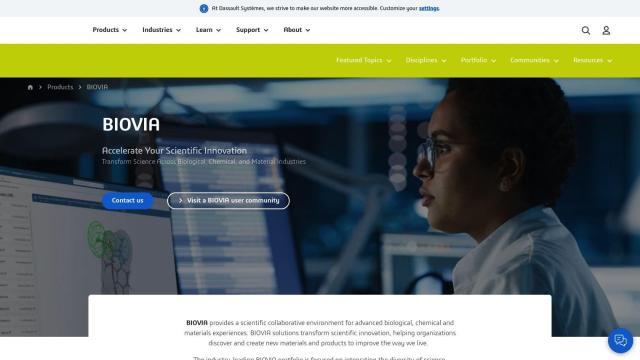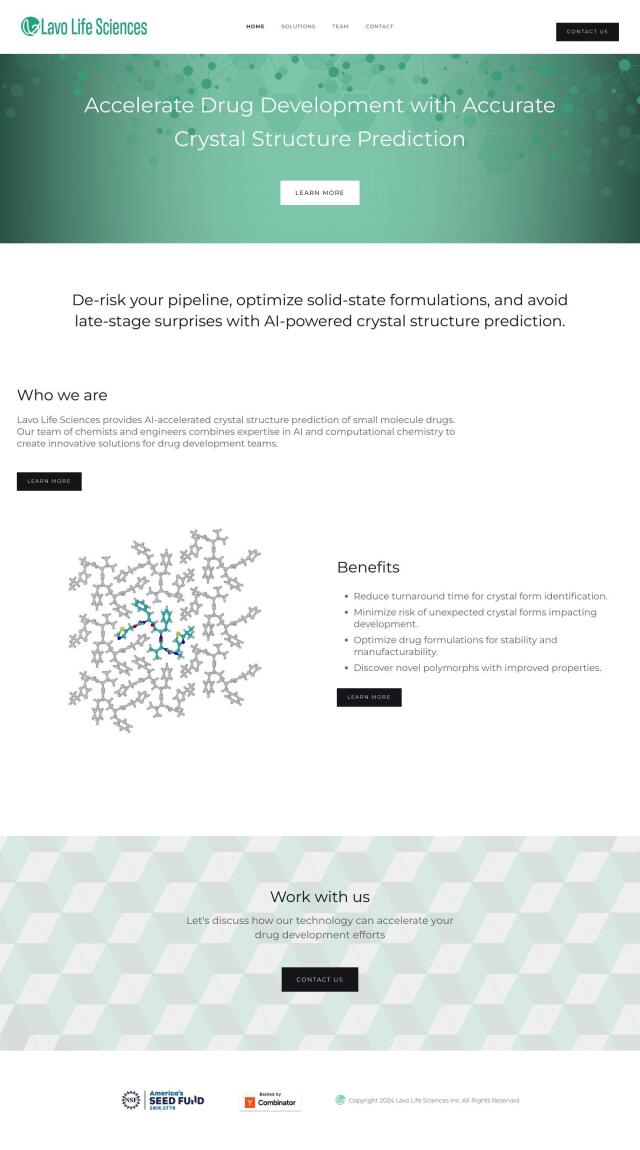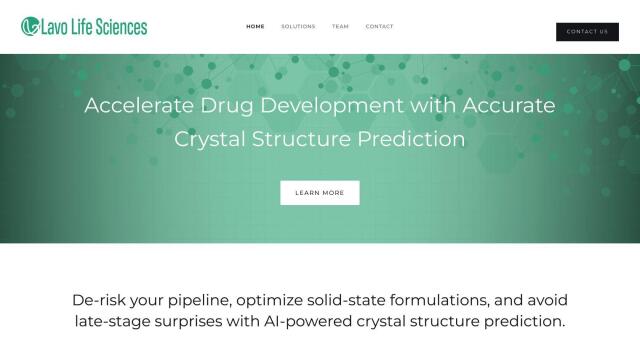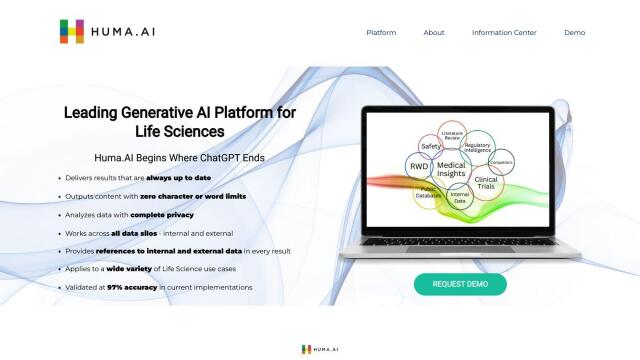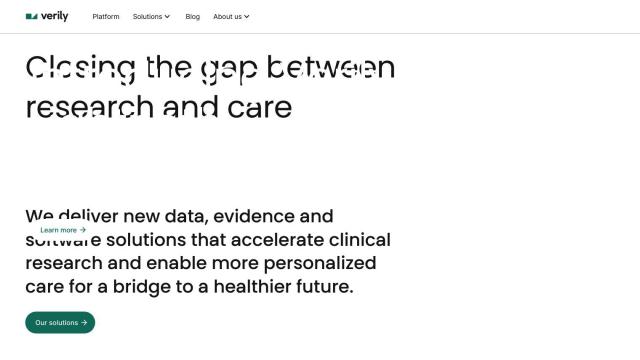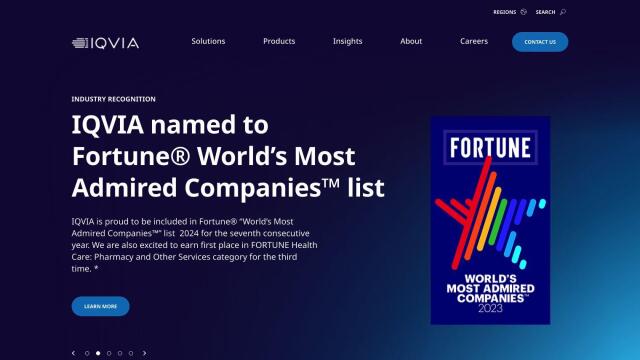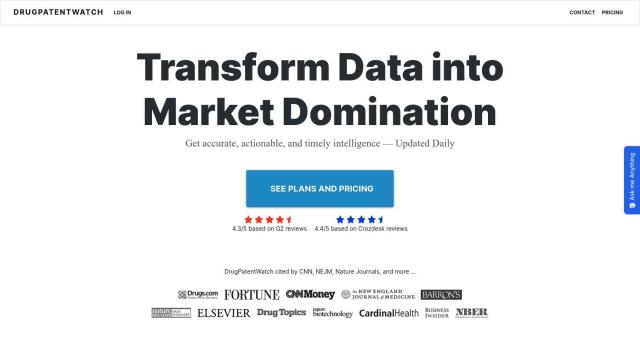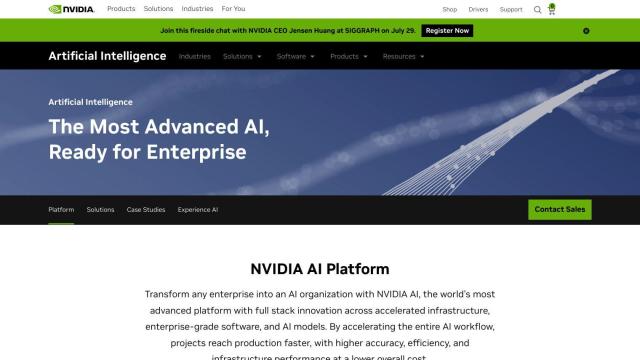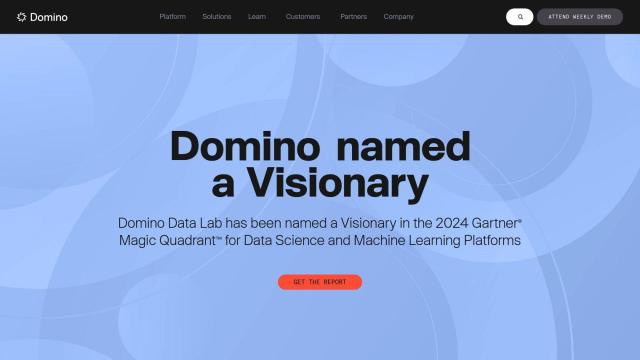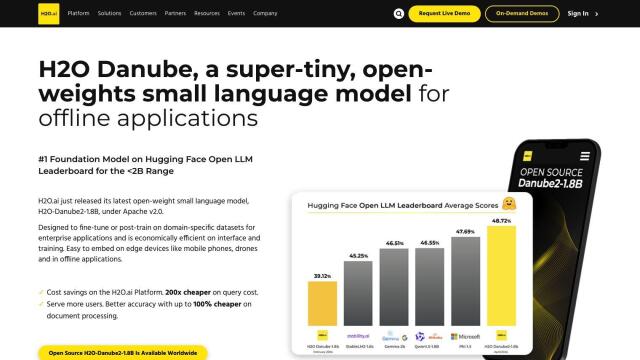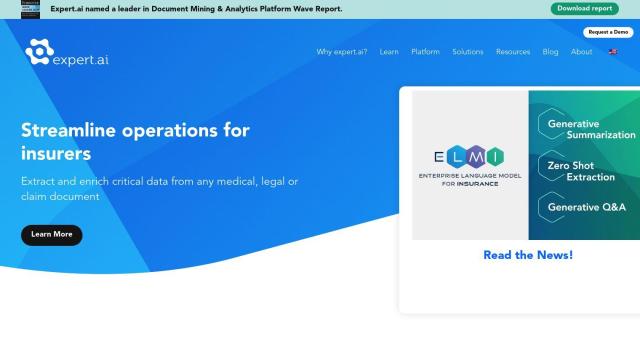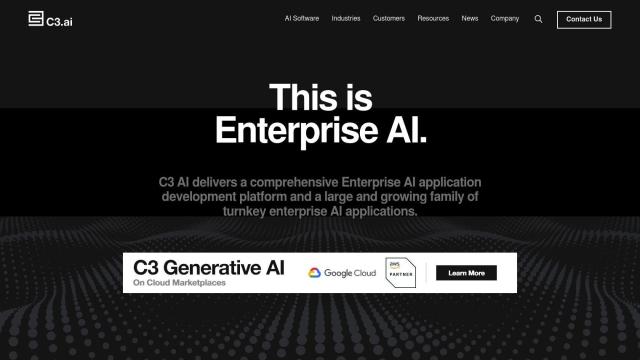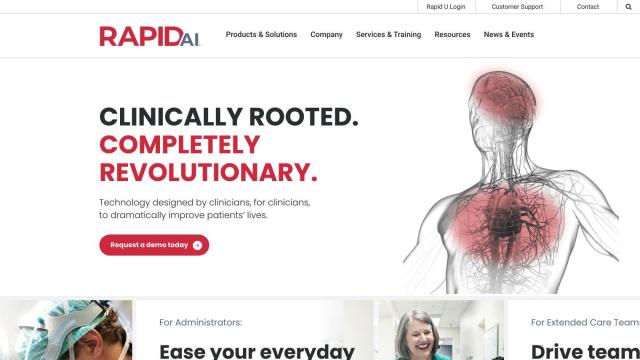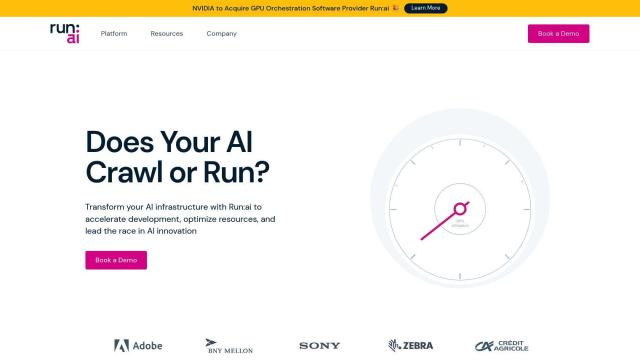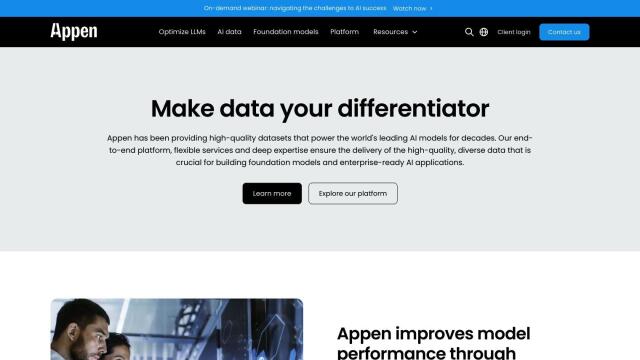Question: Can you find a platform that uses AI to accelerate drug discovery and development?

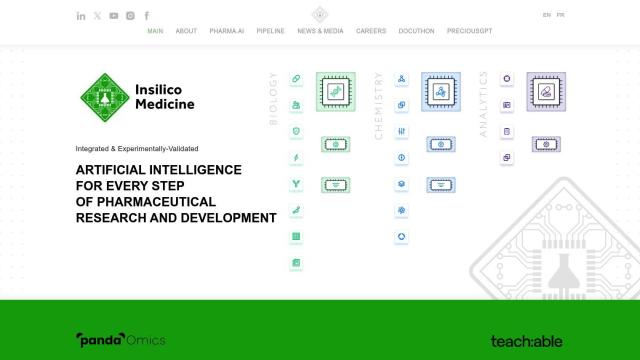
Insilico Medicine
If you're looking for an AI-powered platform to accelerate drug discovery and development, Insilico Medicine has a suite of tools to do the job. The company's AI-based platform is designed to speed up pharmaceutical research and development by accelerating target identification, molecule design and clinical trial outcome prediction. It includes tools like PHARMA.AI for drug discovery, PandaOmics for OMICs data analysis, Chemistry42 for small molecule drug discovery and inClinico for predicting clinical trial success rates.

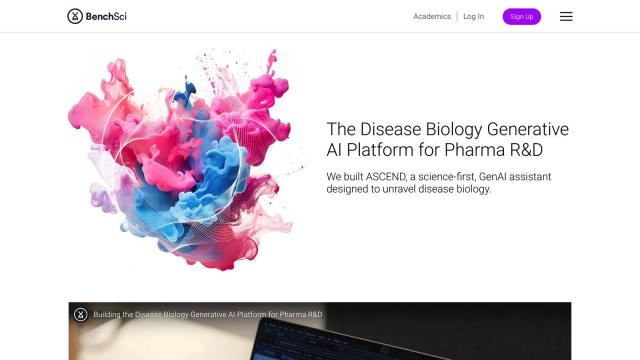
BenchSci
Another good option is BenchSci, which has ASCEND, an AI-based information retrieval system designed to accelerate drug discovery and preclinical R&D. ASCEND has a large data foundation, biology-specific multimodal AI and enterprise software with tools like generative AI for summarization and conversational AI for experiment decision support. It's geared for pharmaceutical and biotech companies trying to improve the speed and quality of their research.
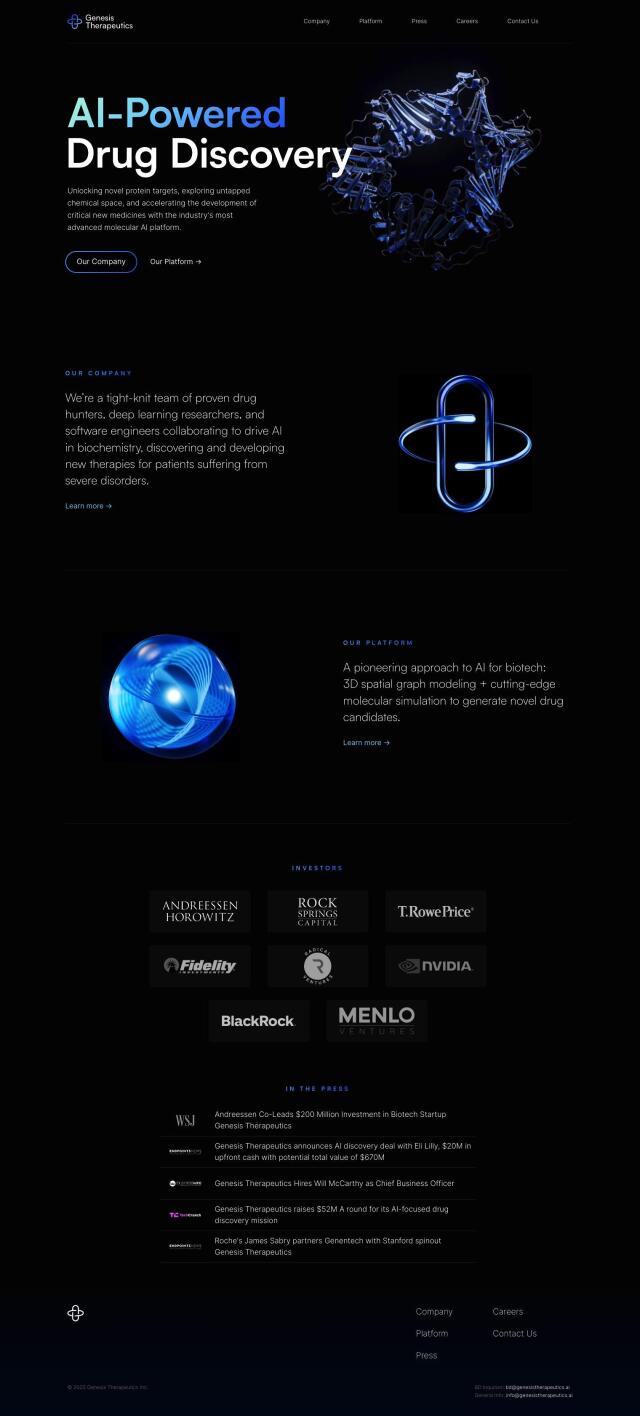
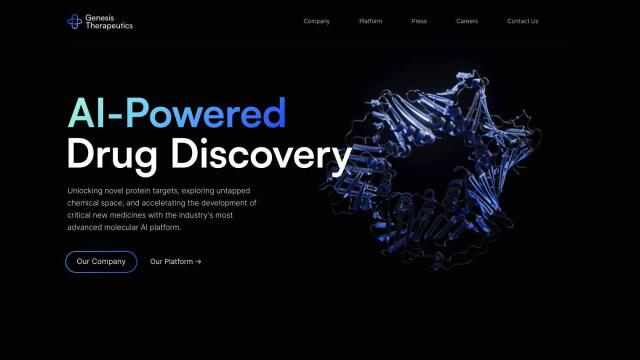
Genesis Therapeutics
If you're interested in small molecule drug discovery, Genesis Therapeutics has a molecular AI platform called GEMS. GEMS uses 3D spatial graph modeling and molecular simulation to generate new drug candidates. Its key components include Dynamic PotentialNet for predicting potency and selectivity, molecular simulation for binding dynamics and molecular generation for exploring chemical space. It's designed to handle challenging biological targets and tackle unmet patient needs.
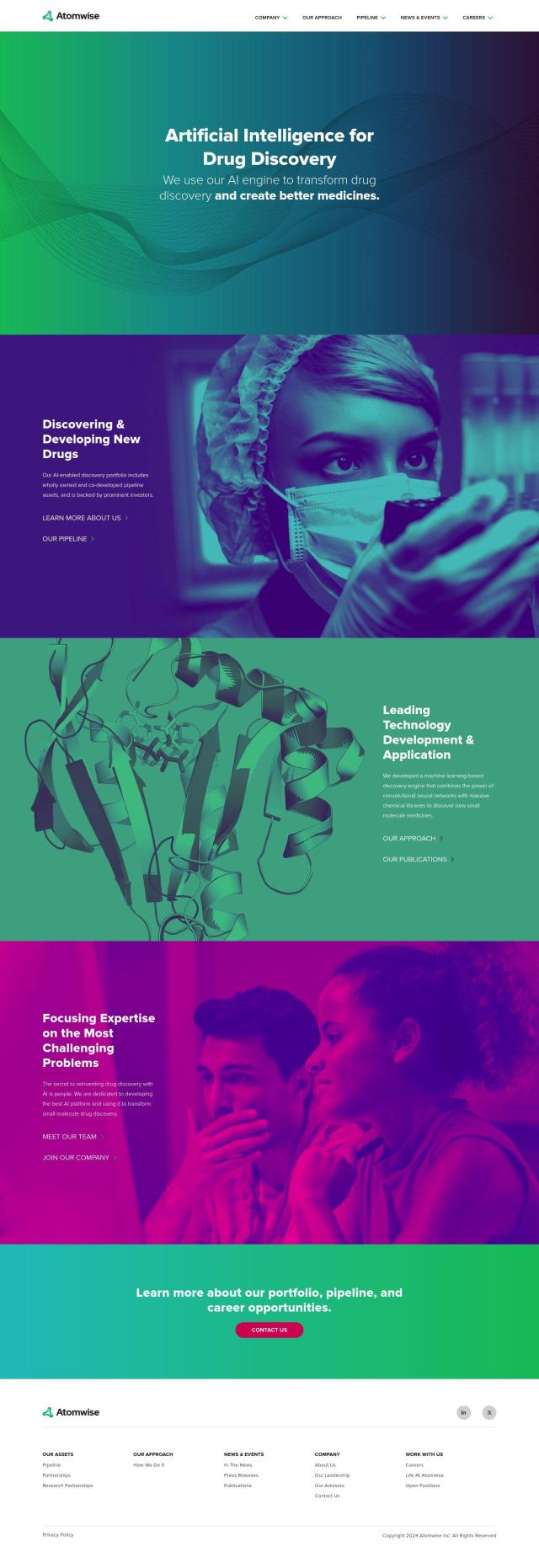
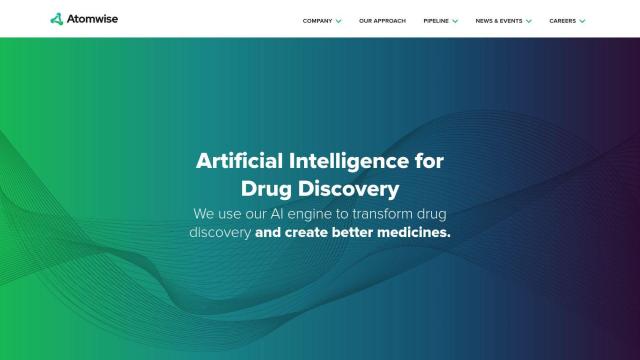
Atomwise
Last, Atomwise is an AI-based drug discovery platform that uses convolutional neural networks and large chemical libraries to discover new small molecule medicines. It's good at handling poorly annotated targets and computationally exploring large chemical spaces. Atomwise's scalable discovery engine and continuously trained data generation means the company's platform can handle a large pipeline across many disease areas, making it a good option for pharmaceutical companies and research institutions trying to speed up their drug discovery.

